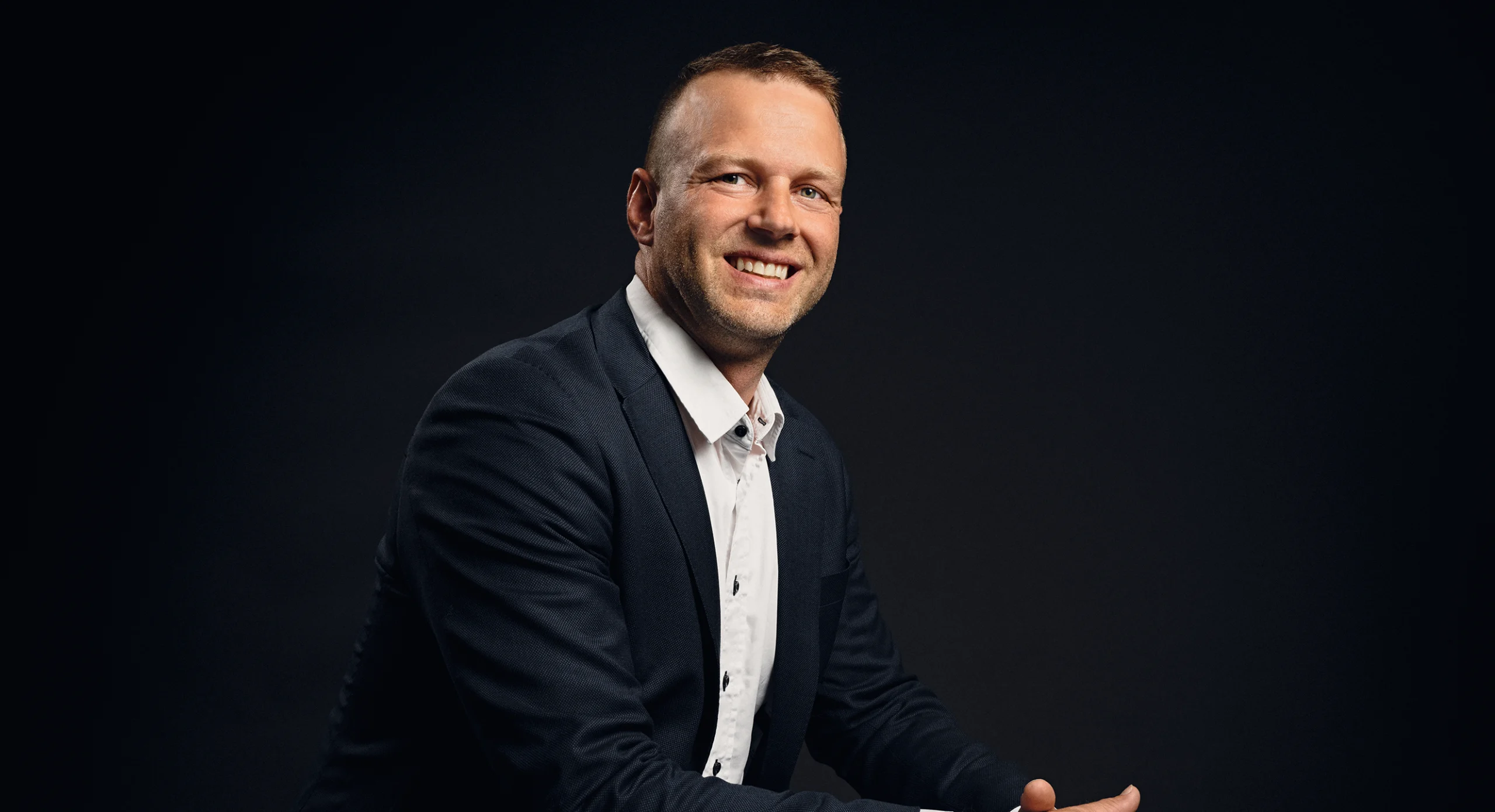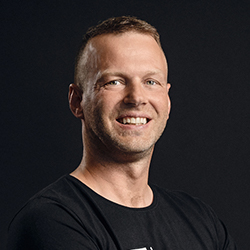We need more air – lessons learned from my mother

We live in strange times. I am not going to present economic analyses or give justified opinions about the future based on financial facts. Let us just say that the future is covered by grey fog, and it is becoming harder than ever to predict what is waiting for us.
The future’s prospects that are uncertain and unclear affect our everyday life. Uncertainty starts to shade our conversations, influencing our decisions and sometimes even causing indecision and stagnation. Good drive, feeling, and joy are in danger of disappearing. But grayness is just lack of colors. We can improve it by bringing in colors. If we have more fun, we can fix the lack of joy. Evil is a lack of good, which can be solved by creating and promoting good.
We need joy amid all the grayness we meet and experience in everyday life. To gain more joy, we should bring out more happy things besides those challenges we eventually face. Just think for a moment – is there a contradiction here? We may think that when we are heading towards economic recession, we should focus on solving the problems. Of course, we must be ready to accept whatever is hitting the fan.
But, even now, isn’t the most crucial thing to maintain joy, good drive, and feeling? In the middle of dark, shouldn’t we create faith for the future? Or is it laughing at nothing, as the old folk says? Or is it more than true that we tend to squeeze the racket more intensely, relaxed atmosphere disappears and our performance decreases? I think we need more fun during a crisis and when it is approaching.
Together we must solve the well-being and mental health challenges
Next, we should dive into a big, sensitive topic to find simple ways to stop the frightening development progress.
Western society is in a crisis because of the increasing incapacity of work. The challenges can be seen constantly in the younger age groups. We have several signs that young people are afraid of working life, even before they are there. I will come back to this topic later. But, to return to the challenge of incapacity for work on a general level: There are often issues related to mental health and well-being in the background. What can we all do to stop this trend – as companies and individuals?
Companies often follow sick leave statistics with occupational health and thinking together how to reduce them. In addition, we hold tripartite negotiations when there is a risk of losing the ability to work. Together with pension insurance companies and other operators, we are training people, who already are in a risk group. Of course, this all is extremely important, often even mandatory. But we are always late if the situation has already reached this far. What else could we do?
Fixing the basics makes a significant difference
We need basic things. When we get tired, we need to sleep more. Getting tired is a lack of rest. When we are sad or distressed, we must go through it. We need more joy, and we must remove the causes of anxiety if possible. When there is too much work to do, we must work less. When there is bad management, management needs to be improved. If we face unfriendly or improper behavior, we must pay attention to it and terminate it.
In a perfect world, this list would be quite long. But these examples help us recognize the basics that we are dealing with.
And when we take good care of the basics, they lead us to a more significant impact. In the end, shared thinking and discussion also shape the culture within companies and broader society. We, the companies and the managers and supervisors who lead them, must set an example. For example, in these Teams meeting times, we must have mandatory breaks during the workdays. Reading a newspaper in the middle of the working day, a free conversation in the coffee room, or even a refreshing walk outside, alone or with a colleague, promotes recovery.
People, who are doing well, generate growth and profitability
My mother, a person by the old folk, often told me in my youth:
“Now is a time to stay at home.”
At that time, I did not always understand my mother’s thoughts, but I do now. It is not suitable for a person to just constantly run and execute. If we want to feel well, it’s good to relax at home sometimes and not do anything.
The other trend and counterforce relate to performance-centered culture. Many of us have a sports watch or a ring that tells us when to sleep and how much. What? Do we no longer know when we need rest? Or are we so indifferent to our loved ones and colleagues that we do not open a conversation about whether we are doing well, reducing the load, or going home to relax? Even rest is becoming performance. We can put a tick in the box that we have now rested and again run. Technology is a good thing, it helps us in many ways, but we must remember the most important thing: the joy and well-being we feel and spread around us.
As I am writing down these thoughts, I do not mean that making growth and profitability is not essential. On the contrary, we cannot achieve these things unless joy, air, and well-being can be always built in every community – even in challenging times.
